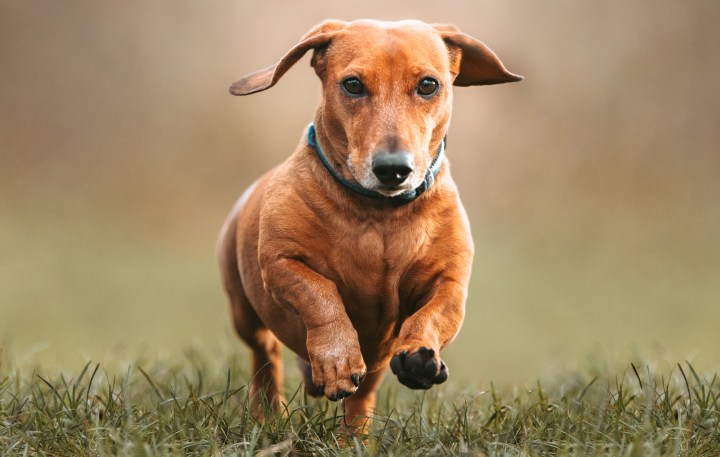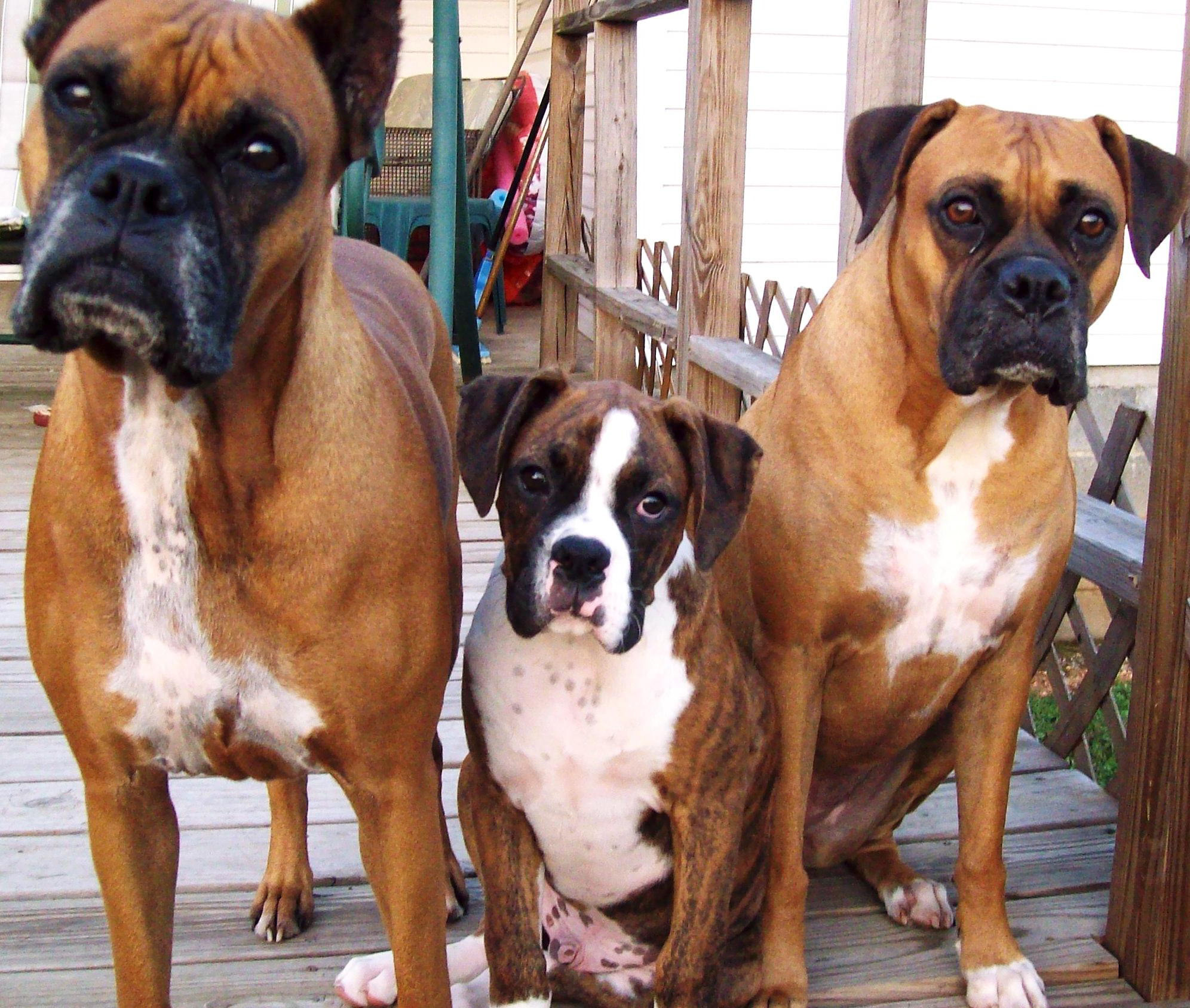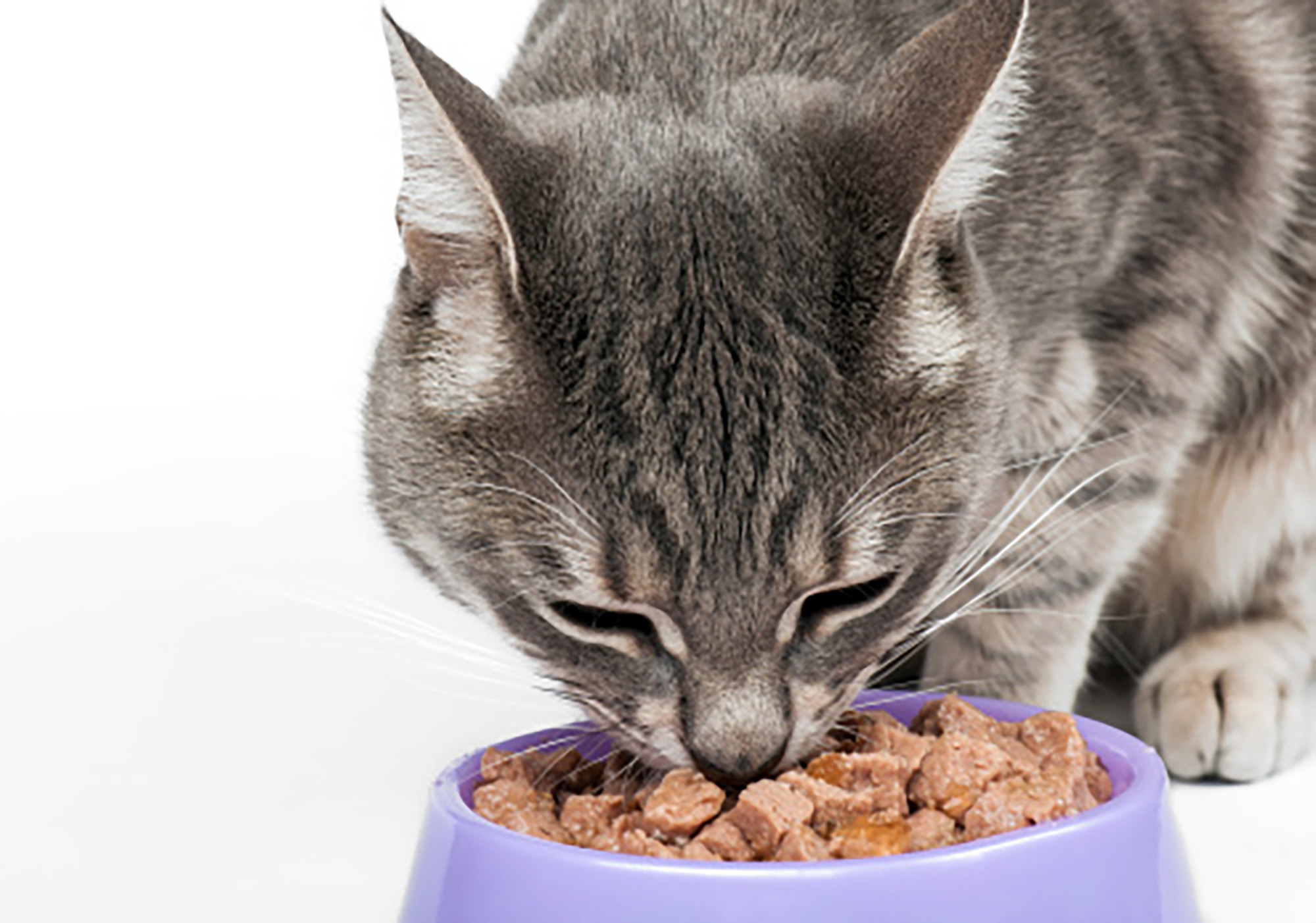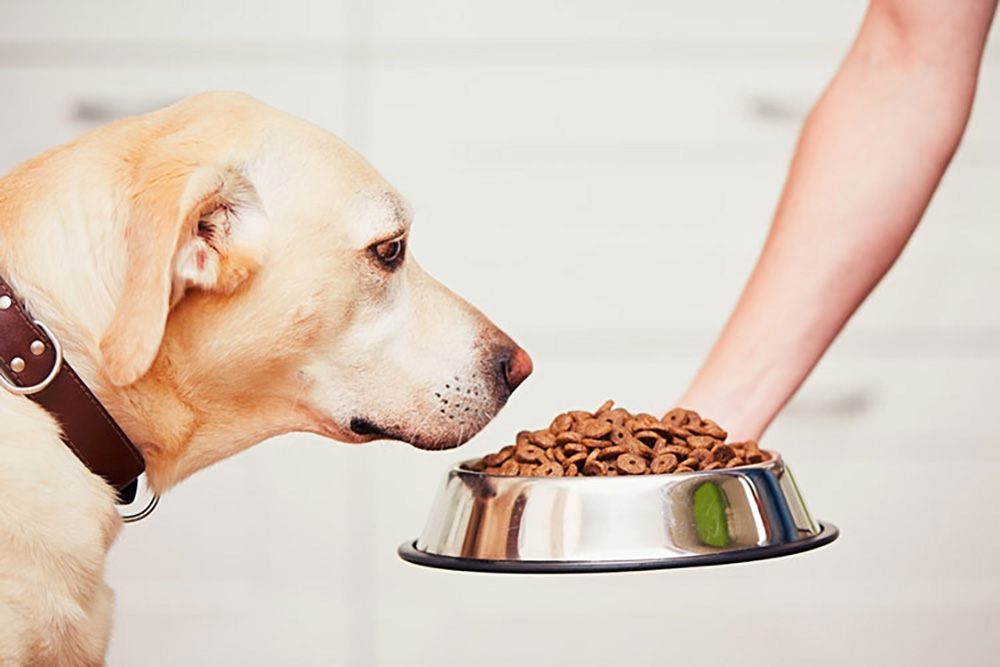THE CONVERSATION
The planet’s going to the dogs, so is your pet climate-friendly? Here’s paws for thought

It may sound incongruous, but pets can contribute significantly to greenhouse gas emissions through their size and the food they eat, not to mention that they harm wild animal populations.
According to Patrick Hanson, the chief executive of Luxaviation, a Luxembourg-based luxury air services group, having pets can be just as polluting as travelling by private jet. In defence of his own industry, he declared recently that one of his company’s customers produces about 2.1 tonnes of CO₂ each year, roughly the same emissions as three pet dogs. This comparison draws on a calculation made in 2020 by carbon-footprint researcher Mike Berners-Lee.
The environmental impact of pets is often overlooked. But more than half of people worldwide have a pet in their home, and this number is rising. As of 2023, pet ownership in the US reached 66% of households, an increase from 56% in 1988.
So, how much should we worry about the harm our pets are doing to the environment?
Both cats and dogs can harm wild animal populations. They hunt and kill birds and other creatures, and they also chase and harass wild animals. However, perhaps the most concerning aspect of owning pets is the climate impact of the food they eat.

The food emissions of a 10kg dog would be the equivalent of 240kg of CO₂ emissions per year. (Photo: Flickr)
The environmental footprint of our animal companions can vary significantly and is influenced by factors including their size, how many we own and their diet. Choosing nutritionally balanced food with lower meat content will typically reduce emissions.
But, just like other aspects of consumption, we must consider our choice of pets and how to feed them to minimise their climate impact.
Pet food’s uncertain impact
Animal byproducts (such as lungs, hearts, livers or kidneys) are frequently used in pet food because of their low cost and ability to provide appropriate nutrition. Poultry byproducts, for instance, have been identified as the largest ingredient in both dry and wet commercial pet food diets.
How the environmental impact of these byproducts is accounted for is therefore crucial. But published research on the environmental impact of pet food is limited. And even then, some of these studies have produced questionable results.
One study, published last year, suggested that feeding a 10kg dog (roughly the size of a standard Dachshund) wet food is associated with the equivalent of 6,541kg of CO₂ emissions each year. This equates to 98% of the total emissions of an average Brazilian citizen.
By contrast, a dry food diet for the same dog would result in emissions equivalent to 828kg of CO₂.
In 2017, another study produced equally alarming results. It revealed that the emissions stemming from the production of dry cat and dog food in the US amounted to between 25% and 30% of the emissions associated with animal products consumed by all US citizens.
Both these studies attributed environmental impacts to animal byproducts as if they were human-grade meat. This assumption allows available meat emissions factors to be used, but it creates double counting, as the livestock emissions have been attributed to the human-grade meat they produce and not to the combination of meat and animal byproducts.
Rethinking this approach
A more balanced approach is to allocate the emissions associated with meat and byproducts using the relative economic value of the different products. The impact of the whole animal is recalculated and different values are assigned to the meat and byproducts.
It also slightly lowers the emissions associated with the meat to give the same emissions for the livestock animal. Byproducts generally have a lower economic value, thereby leading to lower emissions per kilogram allocated to them when compared with meat.
Using this approach, the food emissions of a 10kg dog would be the equivalent of 240kg of CO₂ emissions per year. Scaled up for an average 22kg dog, that’s 530kg each year. This is smaller than, but relatively close to, Berners-Lee’s 770kg-a-year calculation.

Published research on the environmental impact of pet food is limited. (Photo: Flickr)
But even with the lower emissions that result from this approach, the environmental footprint of pet food is still considerable.
Globally, the production of dry pet food accounts for between 1.1% and 2.9% of agricultural emissions, up to 1.2% of agricultural land use and about 0.4% of agricultural water extraction. This equates to an environmental footprint about twice the land area of the UK, with greenhouse gas emissions that would rank as the 60th-highest-emitting country. Though substantial, it’s worth noting that this is still only about one-tenth of global aviation emissions.
Reducing the environmental burden
There is also substantial variability in the size of our pets, especially when it comes to dogs. Whereas a large mastiff could weigh 80kg, a Chihuahua could weigh more than 30 times less, resulting in significantly lower dietary requirements.
Such variability means simplified carbon footprint comparisons between activities like owning dogs and flying on a private jet may not be helpful. But, in any case, there are several things we can do to reduce the environmental footprint of our pets.
Read more in Daily Maverick: Why mourning a pet can be harder than grieving for a person
Reducing the quantity of pet food required is a good start. By moving towards smaller breeds, we can keep the benefits of pet ownership while reducing the environmental burden. Feeding your pet the appropriate amount would also help restrict demand for pet food – and tackle pet obesity.
The type of food we give to our pets is equally important. Current trends towards the humanisation of pet foods (where products more closely resemble human food) or feeding them raw meat are likely to increase the environmental impact of owning pets.

One study found that emissions stemming from the production of dry cat and dog food in the US amounted to between 25% and 30% of the emissions associated with animal products consumed by all US citizens. (Photo: Flickr)
Sustainable pet food brands, of which there are now many, and brands that incorporate innovative ingredients such as insects offer a more environmentally conscious approach.
These pet foods have a reduced meat content, particularly of ruminant meat (grazing mammals like cattle), and include plant-based ingredients. But it’s essential to consider what the insects eat to ensure that the overall environmental cost is reduced.
Claims comparing pets to private jets may oversimplify the issue, especially when there is contention over what each activity could mean. But caring for our pets does contribute to global greenhouse gas emissions. These emissions, alongside the other environmental impacts of owning pets, must be considered when we decide which pets to own and how to feed them. DM
First published by The Conversation.
Peter Alexander is a senior lecturer in global food security at the University of Edinburgh, Scotland.
This story first appeared in our weekly Daily Maverick 168 newspaper, which is available countrywide for R29.
To read all about Daily Maverick’s recent The Gathering: Earth Edition, click here.






















Even though it is necessary to take cognisance of what our emissions-profile is, we have to come to a point where we understand that for a planet to have life on it, there will be emissions. The path where we are going down now, looks like if we kill all animals, of sterilise them, we will significantly lower emissions. But then, what use would it be to live on this planet? I certainly don’t want to live in a world where we cannot share affection with animals, be they pets or domesticated or wild…
This is a similar argument to pointing out farming as a major contributor to greenhouse gas emissions. Of course, as we lower industrial emissions, the relative impact of farming will become more pronounced. But how do our emissions per kg of grain/meat/flowers/whatever compare to 100 years ago? I think that it may be significantly lower, as we have increased farming productivity at least 10-fold, meaning that the relative effort diminished by a factor of 10… This must be positive? It is the total amount that is the issue, and this is proportional to the amount of mouths to feed…
It seems the simpler solution is to get Thanos to kill off 1/2 the living creatures, then we halve emissions… I think NOT!
Perhaps it is time that we start thinking and stop emoting about greenhouse emissions…
Spot on Louis👍🏻
Go woke, go broke! They’re coming for your children next!
In climate studies as in life there are non-negotiables, having pets is a non-negotiable. Of what value is a planet with a healthy atmosphere but devoid of pets. It is truly nonsensical that “scientists” calculate pet emissions, perhaps they should get a real job, like calculating dung beetle emissions.
Yes!!!
Maybe we should rather cull the jet set and keep our pets and our sanity!
yes yes!!!